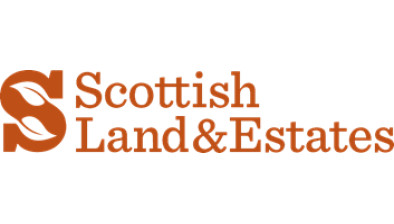Construction firms amongst hardest hit as UK insolvencies rise

Nearly 4,000 businesses ceased trading as increased financial uncertainty gripped the UK in the first quarter of 2017, with the construction sector suffering the most.
Marginally over two thirds of the 3,967 insolvencies (68%) were voluntary, with the overall number rising by 4.5% in real terms compared to the fourth quarter of 2016.
The research, carried out on behalf of insolvency practitioners Hudson Weir, reveals that 16.4% of these companies were operating in the construction industry, with 13.2% in the retail and food and drink sectors – with even companies the size of Jaeger and Brantano going into administration.
Hospitality accounted for another 11.2%, with consultancy 8.6% and technology 7.2%.
The underlying reasons for company insolvency can be complex, ranging from unrealistic planning through to fraud and unforeseen loss of market share. But one common factor links all insolvencies: inadequate cash flow.
Financial trouble tends to strike early in the business life cycle, with only 41.4% of UK businesses that were formed in 2010 making it through to their fifth birthday.
Even though the UK economy seems to be surviving the immediate post-referendum period, vulnerable sectors – like construction and retail – have suffered. Manufacturing, logistics and recruitment have also been casualties.
Financial services accounted for 5.8% of insolvencies – however, accountants remained relatively bulletproof, making up just 0.6%of the overall figures. Engineering made up 3% and car leasing 1.2%.
Hasib Howlader, director at Hudson Weir Ltd said: “Our experience in terms of the types of companies we are liquidating is borne out by the statistics. It’s a different world now – in terms of political and economic events it’s possibly the most uncertain time since the Second World War.
“It’s no surprise that certain industries have been hit – construction is bound to suffer because people have less of an appetite for risk than before. Retail is also bound to suffer because we are still feeling the effects of Brexit and the associated exchange rate movements – many imported goods are now significantly more expensive than they were.
“It sounds obvious but we’d recommend not borrowing unnecessarily. Also, as and when you are in a position to hire, it’s crucial you get it right.
“People always underestimate how much a bad hire can cost in lost wages, training time, recruiters’ fees, severance packages and even tribunals. These are the hidden costs that companies often underestimate and it ends up costing them.”

















